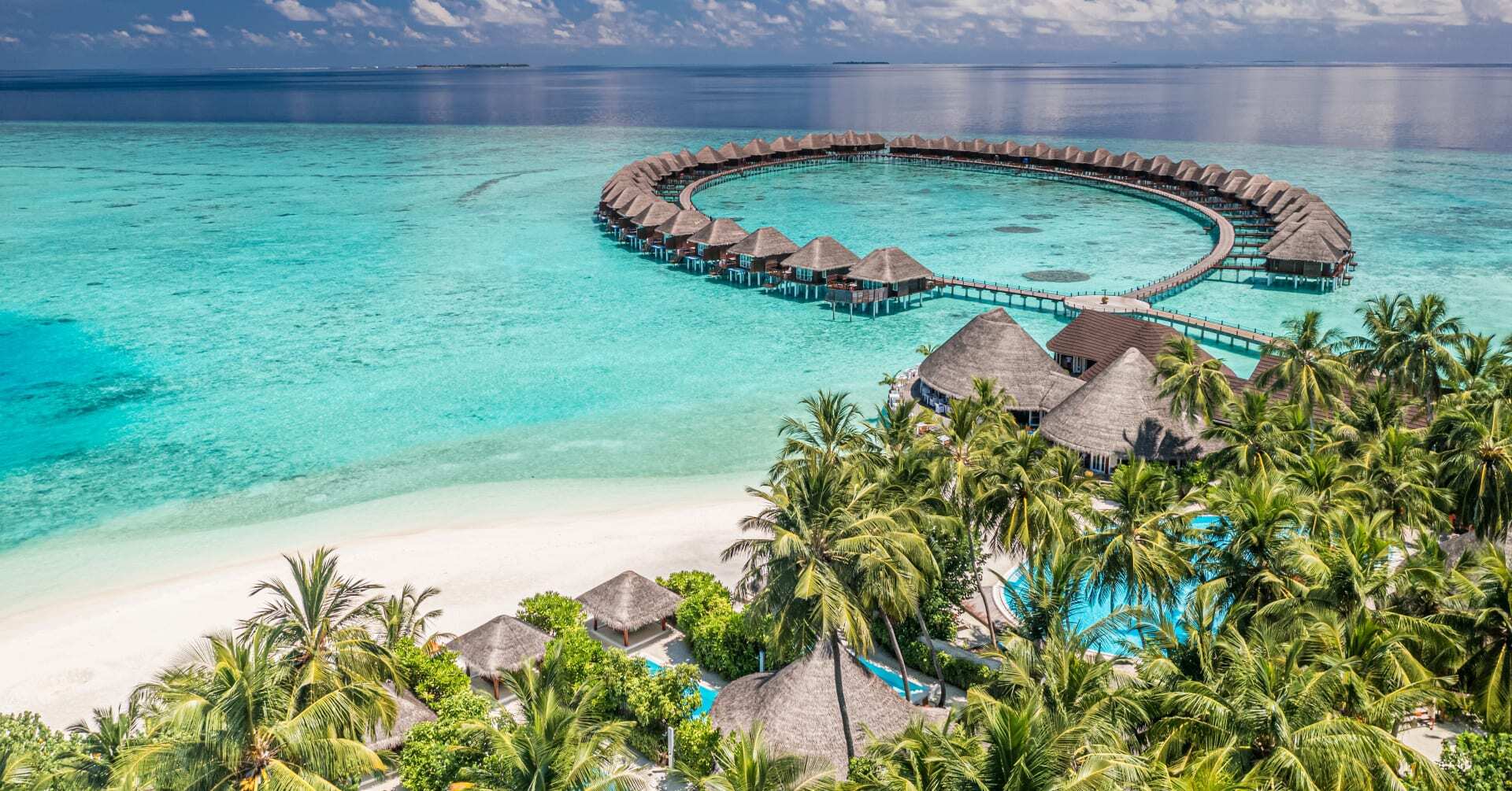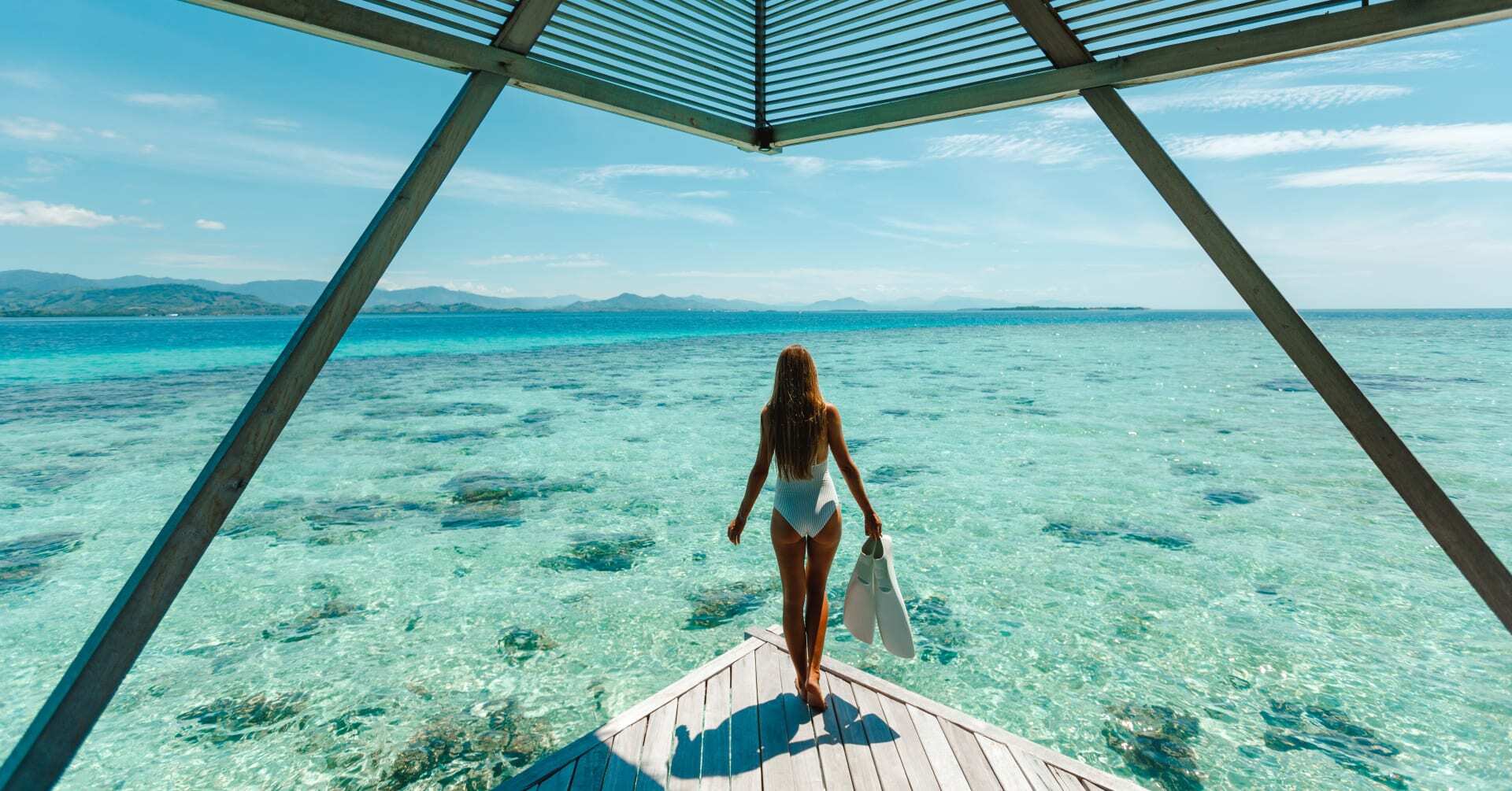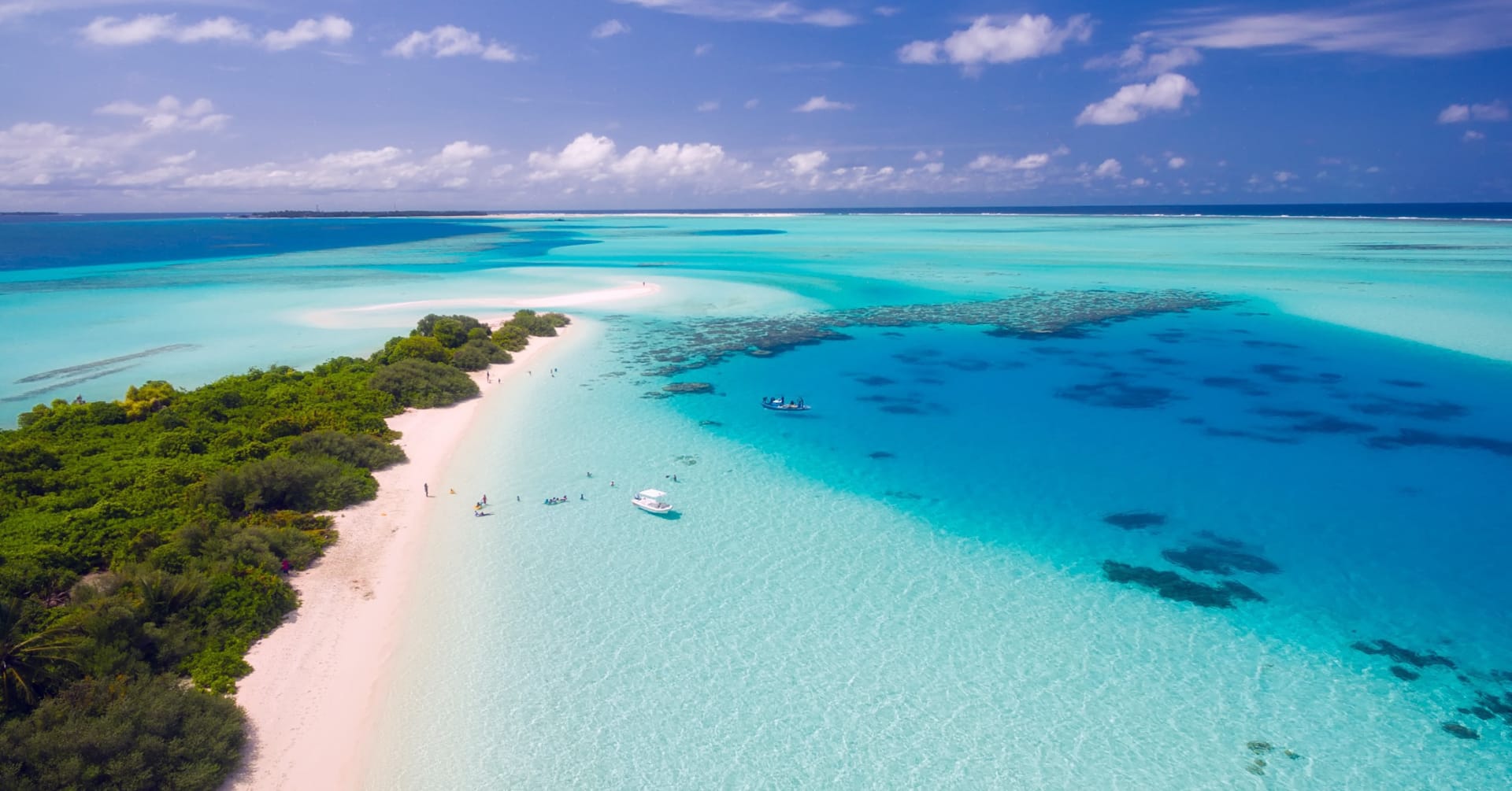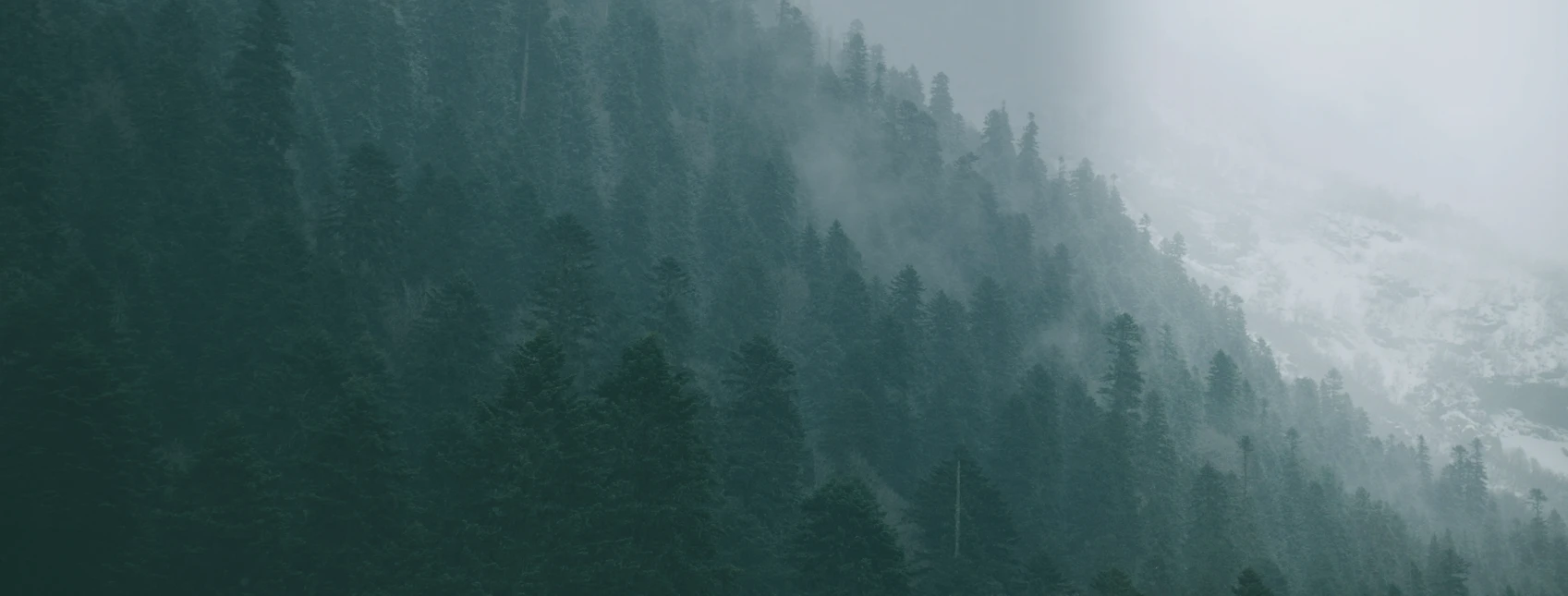We all know about the twinkling beauty of the Maldives...
but what's the best way to become fully immersed?
As you prepare for your incredible tour of the Maldives, you think swimwear, sunscreen, and snorkel-gear. With your bespoke travel itinerary in-hand, thanks to your personal Wayfairer Travel Specialist, you feel your dream holiday is at your fingertips, with only empty suitcases and travel money to think about. But what if we were to tell you: there is much more you can do to make the most of your Maldives escape?
Why should I know about language in the Maldives?
Tailor-made travel is the perfect way to experience the essence of any country you visit, with a curated itinerary joining the dots between your personality and the best of the destination. But what good is this without your efforts to engage with the destination and its character and culture? Learning about a country's language is a great start.
Of course, no local expects you to be fluent in their language, just learning a few key phrases displays eagerness and openness to the people you come across during your holiday. During interactions with servers, shop-owners, taxi drivers, and others, expressing a comprehension or curiosity of local culture introduces opportunity for cultural exchange. This way, you can get to know the destination on a more intimate level, making your journey to the Maldives truly unforgettable.
To learn more about travelling consciously in the Maldives, read our responsible travel guide:
What is the official language of the Maldives?
The Maldives, like many other Asian countries, encompasses an array of dialects, alongside the English language being widely spoken. You will find that most luxury resorts in the Maldives use English as their medium of communication, bringing a level of convenience to your stay while still giving you the chance to learn Dhivehi, the official language of the Maldives.
Dhivehi
The Indo-Aryan language of Dhivehi is spoken widely in the Maldives and in India, particularly in the Indian Lakshadweep Islands. 'Dhivehi' roughly translates to 'islanders language', and is written in the Thaana script, thought to have evolved from the Arabic alphabet, written from right to left. Dhivehi is taught in schools in the Maldives and is employed in the media and television as well as in more formal proceedings in government, and is an integral part of Maldivian culture and day-to-day life.
Following the Islamic conversion of the Maldives in the 12th century, the language of Dhivehi saw the introduction of a large number of Arabic words. If you are familiar with the Arabic language, you will see some similarities in our list of key phrases and words.
Dialects
The Maldivian national language, Dhivehi, has several dialects, fitting with the diverse geography of the nation as it is divided into over 1,000 islands. The dialect used by the majority of Maldivians is called Male' Bas, spoken widely in the capital and its surrounding atolls and used in government and most schools. The alternative dialects, including the Addu Bas and the Molokai Bas, vary in pronunciation, vocabulary, and grammar, but speakers will most likely understand each other.
Our tailor-made Maldives itineraries are the best of the best. Explore what is on offer with our example honeymoon:
Other languages commonly spoken in the Maldives
Due to the significant role of the tourism industry in the Maldives, along with the influence of colonial factors on language, the country's people speak a diverse range of languages in comparison to what you might see in the UK or USA.
English
If you are travelling from an English speaking country, you will be glad to know that many people in the Maldives speak English at a good level. While you should not expect locals in villages and towns to speak English - many won't - it is very likely that those welcoming you to your luxury resort or hotel will be able to converse with you easily. Naturally, this provides an extra layer of comfort for English-speaking visitors, but this doesn't mean you shouldn't learn a few Dhivehi phrases!
English has become more widely spoken in the Maldives since the 1960s, even used across schools, while the English-Dhivehi dictionary has become popular across many atolls, too. The shift towards English across popular media and education has caused a risk to the preservation of the Dhivehi language. In response to this, language preservation efforts have sprung to life across the Maldives, reinforcing the importance of the traditional language in local culture.
Arabic
With Islam being the primary religion in the Maldives, many people are familiar with the Arabic language, especially as it is taught in many mosques and Muslim schools across the country.
12 Dhivehi phrases to learn before you go
| English |
Dhivehi (written in English alphabet) |
| Hello |
Assalaamu alaikum |
| Goodbye | Dhanee |
| Thank you | Shukuriyaa |
| How are you? | Haalu kihineh? |
| Good morning | Baajjaveri hendhuneh |
| Good evening | Baajjaveri haveereh |
| Yes/No | Aan/Noon |
| I'm a vegetarian |
Ahannakee evves kahala janavaaru maheh nukaa meeheh. |
| How much does this cost? | Meethi kihaa varakah? |
| Please | Adhes kohfa |
| What is your name? | Kon nameh tha kiyanee? |
| How much is this? |
Meege agakee kobaa? |
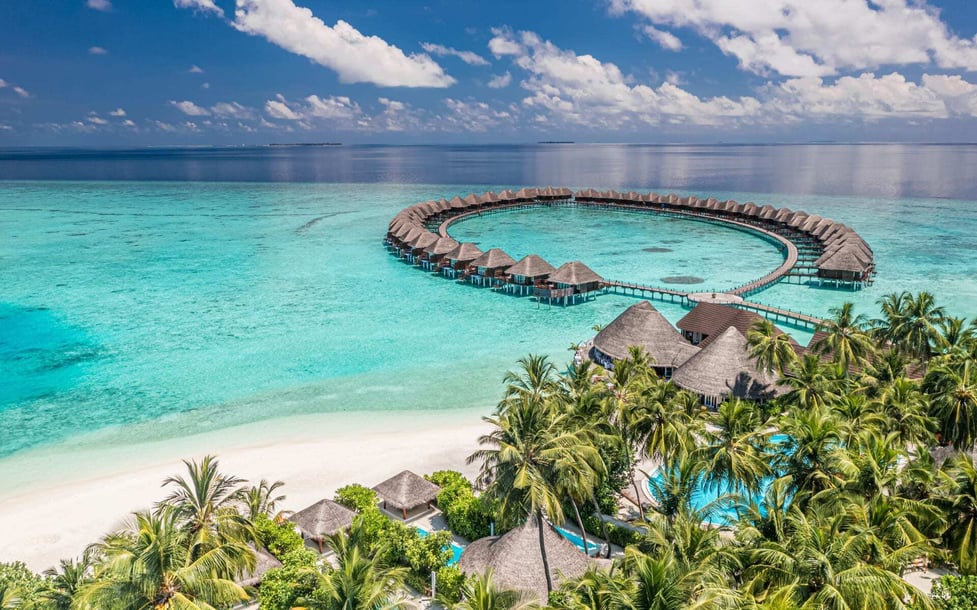 Expect the classic overwater bungalow style of resort as you embark on your trip to the Maldives.
Expect the classic overwater bungalow style of resort as you embark on your trip to the Maldives.
Plan Your Luxury Maldives Getaway with Wayfairer Travel
If you feel ready to dive into the fascinating culture of the Maldives on a tailor-made journey, why not choose us? With Luxury Travel Specialists who know the Maldives inside and out, your luxury holiday couldn't be in better hands. Expect world-class resorts, exclusive tours, marine adventures, and high quality gastronomy - and if you're planning something extra special, there's always room for extras! Along the way, feel the satisfying comfort of having a personal concierge at your every call.
Explore some of the best places to stay in the Maldives, our luxury partners:
If you're ready to start planning your luxury vacation, call our Travel Specialists for a chat or fill out our no-obligation enquiry form.
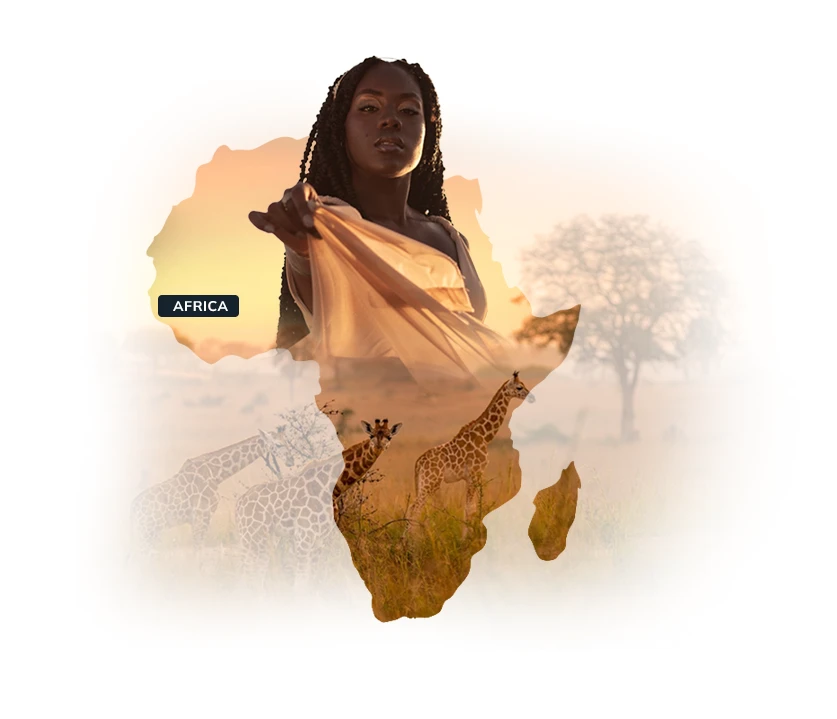




 Seek some of the world's most amazing landscapes during your Maldives tour.
Seek some of the world's most amazing landscapes during your Maldives tour.
.png?width=400&height=400&name=Website%20itineraries%20(11).png)


.png?width=400&height=400&name=Website%20itineraries%20(12).png)
